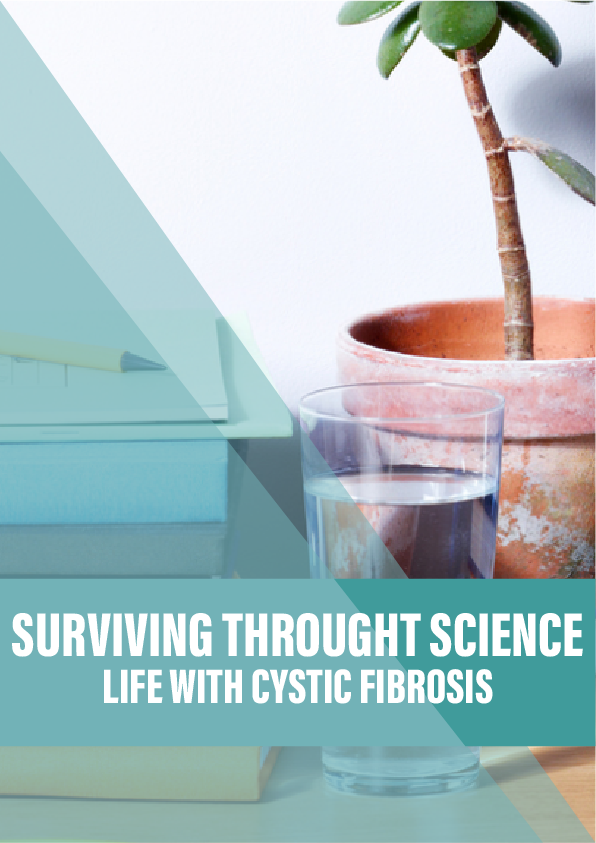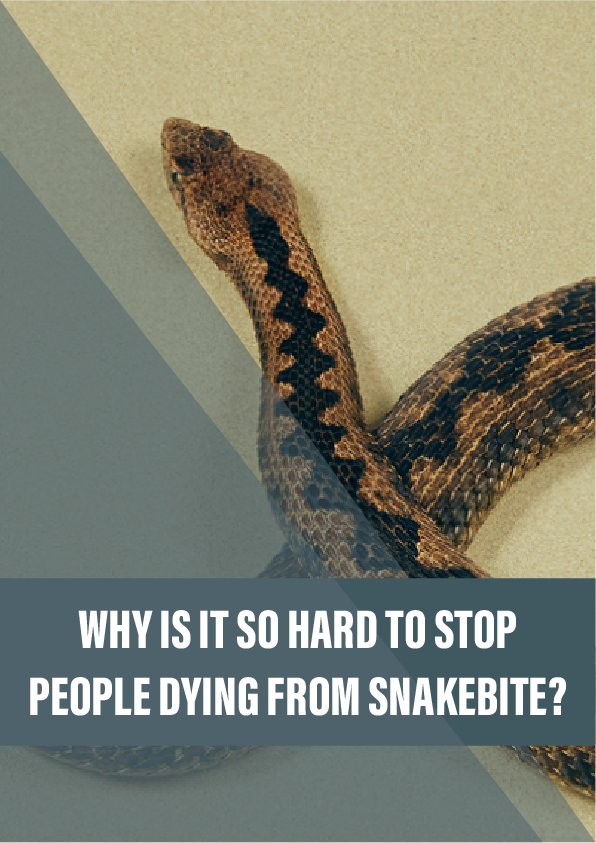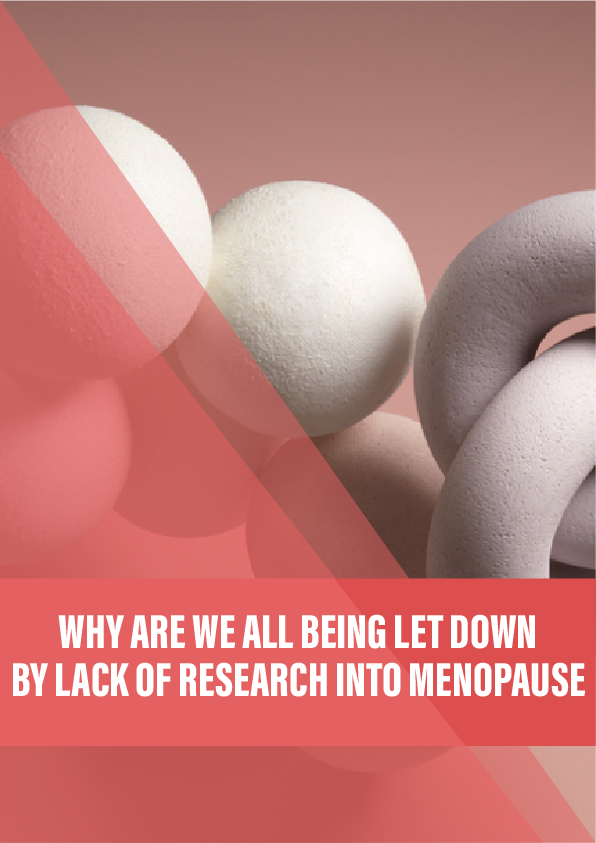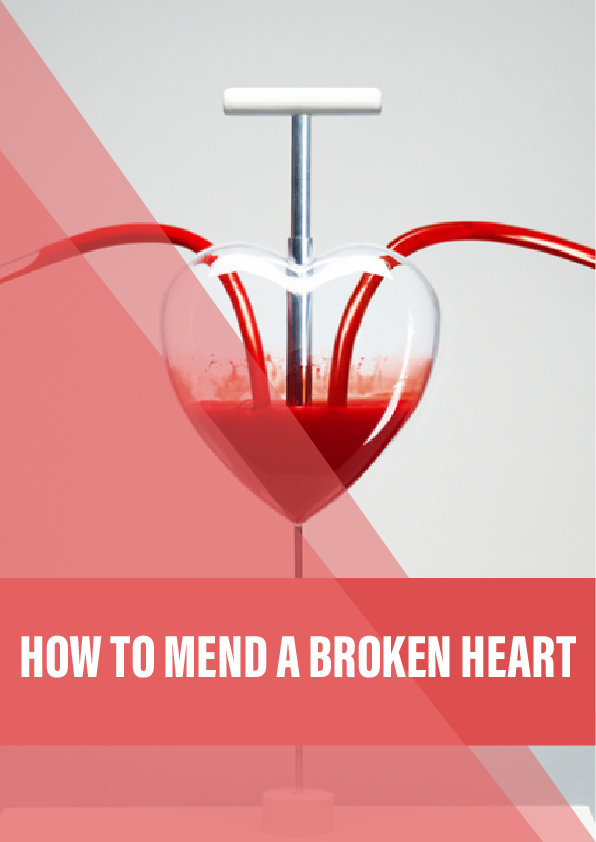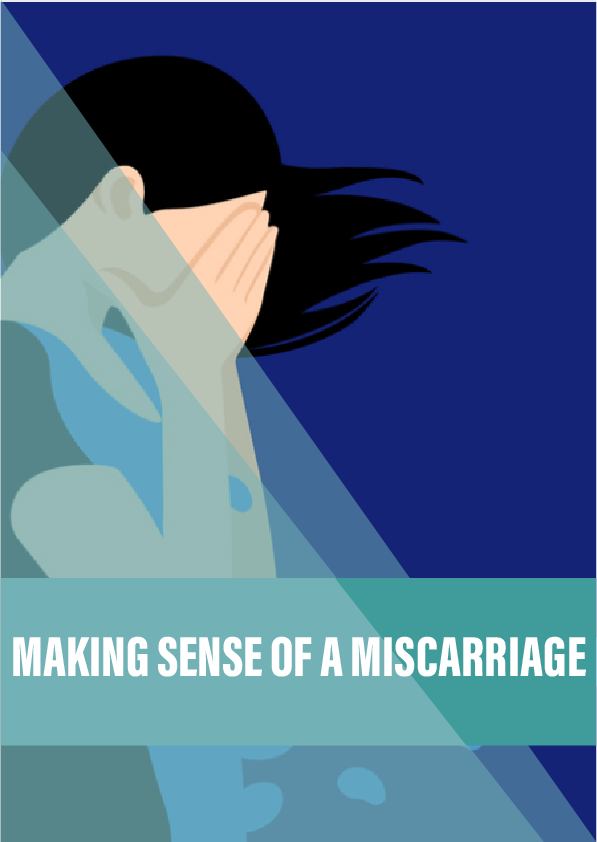Jo Marchant asks if we can harness the mind to reduce side-effects and slash drug costs.
Marette Flies was 11 when her immune system turned against her. A cheerful student from Minneapolis, Minnesota, she had curly brown hair and a pale, moon-shaped face, and she loved playing trumpet in her high-school band. But in 1983, she was diagnosed with lupus, a condition in which the immune system destroys the body’s healthy tissues.
It ran rampant, attacking her body on multiple fronts. She was given steroids to suppress her immune system; the drugs made her face swell up, and her hair fell out onto her pillow and into her food. But despite the treatment her condition worsened over the next two years, with inflamed kidneys, seizures and high blood pressure. She suffered frequent headaches and her whole body was in pain.
By 1985, antibodies were attacking a vital clotting factor in Marette’s blood, causing her to bleed uncontrollably. It got so bad that her doctors considered giving her a hysterectomy, because they were worried that when her periods started she might bleed to death. She took drugs including barbiturates, antihypertensives, diuretics and steroids but her blood pressure kept rising. Then her heart started to fail, and her doctors reluctantly decided give her Cytoxan, an extremely toxic drug.
Cytoxan is very good at suppressing the immune system. But it causes vomiting, stomach aches, bruising, bleeding, and kidney and liver damage, as well as increased risk of infections and cancer, and at the time its use in humans was experimental. Karen Olness, a psychologist and paediatrician now at Case Western Reserve University in Ohio, was helping Marette to cope with the stress and pain of her condition, and she was concerned that if lupus didn’t kill the teenager, this new drug might. Then Marette’s mother showed Olness a scientific paper she had seen. It claimed to have slowed lupus in mice – but with just half the usual dose of Cytoxan.
The results were part of a well-known and seemingly mundane phenomenon that has been driving a quiet revolution in immunology. Its proponents hope that by cutting drug doses, it will not only minimise harmful side-effects but also slash billions from healthcare costs, transforming treatment for conditions such as autoimmune disorders and cancer. The secret? Teaching your body how to respond to a particular medicine, so that in future it can trigger the same change on its own.
Reference:
- Ader’s original taste aversion study
- Olness and Ader’s write-up of Marette’s case
- A recent review of placebo mechanisms (including conditioned responses) by Schedlowski and colleagues
- Schedlowski’s review of learned immune responses
- Sandler’s ADHD trial openly using placebos
- A review of how placebos can be used to reduce drug doses
- Jo Marchant is author of Cure: A journey into the science of mind over body.




